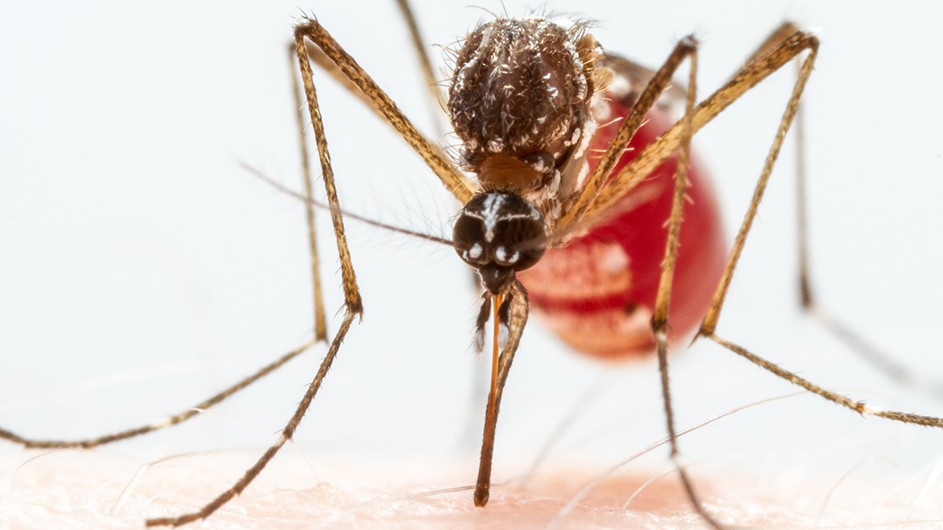Health officials are urging the public to reschedule outdoor events after dusk. Electronic signs are popping up on highways warning drivers to protect themselves from Eastern Equine Encephalitis (EEE), a potentially fatal disease transmitted through mosquitoes infected with the virus.
Of the 29 cases of EEE reported nationwide this year, nine people have died since June—in Connecticut, Massachusetts, Michigan and Rhode Island.
How worried should we be? First, it’s important to know the EEE virus is extremely rare, and not everyone who gets infected will become sick. Typically, about seven cases of EEE are reported each year nationwide, with about 30 percent resulting in death.
But the unusually high rate of EEE infection this year is most worrisome because of its potential link to our warming climate—and what that increase may signal for the future. Yearly mosquito populations are affected by temperature and rainfall, factors that control their ability to survive and reproduce. Climate change and human expansion into previously unoccupied areas provide new opportunities for mosquitoes to thrive in places where they previously have not.
There is no vaccine, so preventing mosquito bites is the best way to avoid infection. That means using EPA-approved mosquito repellent, such as DEET; wearing long sleeves, especially near dawn and dusk when these species are most active; and getting rid of any standing water where the females lay their eggs. The Centers for Disease Control and Prevention is a good place to find information about EEE and their Arboviral Diseases Branch maintains maps with the latest updates on cases reported. The threat of EEE wanes with the first frost.
As mosquito-borne diseases increasingly threaten new parts of the world, we need new tools to combat them. During certain parts of their life cycle, mosquitoes suppress their drive to bite humans, and research in my lab works to understand the biological basis of this suppression and develop new approaches to keeping mosquitoes away from humans.
Targeting biting behavior may be the most effective approach to eliminate mosquito-borne illness. Instead of targeting a single disease, we could prevent all of the illnesses spread by these deadly animals.

